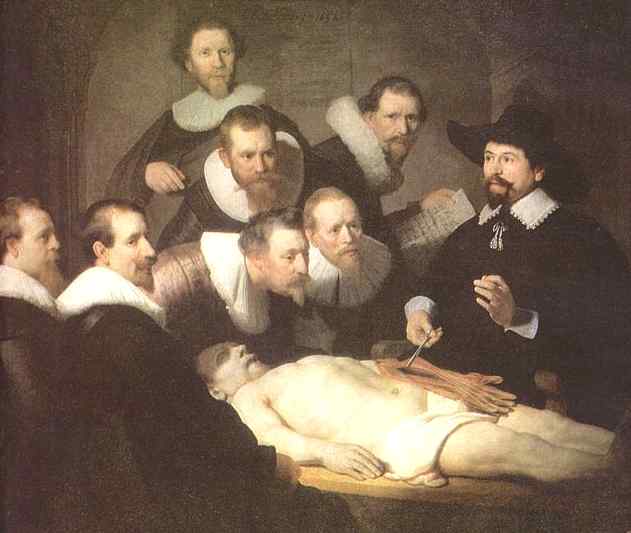
I sometimes wonder if we spend too much time talking about professionalism. It is not that I don’t think we should promote professionalism. Of course we should. But many discussions of professionalism descend into overly academic and scholarly treatises that end up obscuring rather than clarifying the values such discussions hope to promote. It may be a mistake to overly intellectualize core values. I sometimes wonder if we would be better off focusing on core values and thinking about how to promote and reward those values.
Humility is one of those core values, and a wonderful essayby Dr. Jack Coulehanin the Annals of Internal Medicine wonderfully discusses the virtue of humulity and its importance in medicine. This brief 2 page essay can be read in 10 minutes, and it will be 10 minutes well spent.
Coulehan has a three part definition of humility: (1) unflinching self-awareness; (2) empathic openness to others; (3) a keen appreciation of, and gratitude for, the privilege of caring for others. Coulehan contrasts humility with arrogance. In many ways humility is the opposite of arrogance.
Medicine would be well served if we had more humility and less arrogance. This is especially true in academic medicine. Coulehan notes that while medical education once promoted collegiality and shared values, it now promotes egoism and entitlement.
Too often, academic medicine encourages and rewards self-promotion and egoism. Our students notice and learn from this hidden curriculum and it clearly must lead to behaviors that are not good for patients.
As Coulehan notes, humility is not inconsistent with pride in accomplishments and achievements. But, when we have too much egoism and too little humility in our training environments, it promotes a cultural in which leaders and teachers start to see themselves as the center of the universe, rather than their students, colleagues and patients.
Good, humble leaders believe they are there for the benefit of those they lead. Arrogant leaders believe their trainees and subordinates exist for their benefit. I suspect these behaviors are contagious and a key determinant of whether one will develop into a humble or arrogant leader is which of these of attributes dominated the enrivonment in which you trained.
Coulehan’s call for humility presents a central challenge for medicine and our academic training environments. More humility and less arrogance will do much to improve how we care for our patients, teach our students, and conduct our research.
by: [Ken Covinsky]



